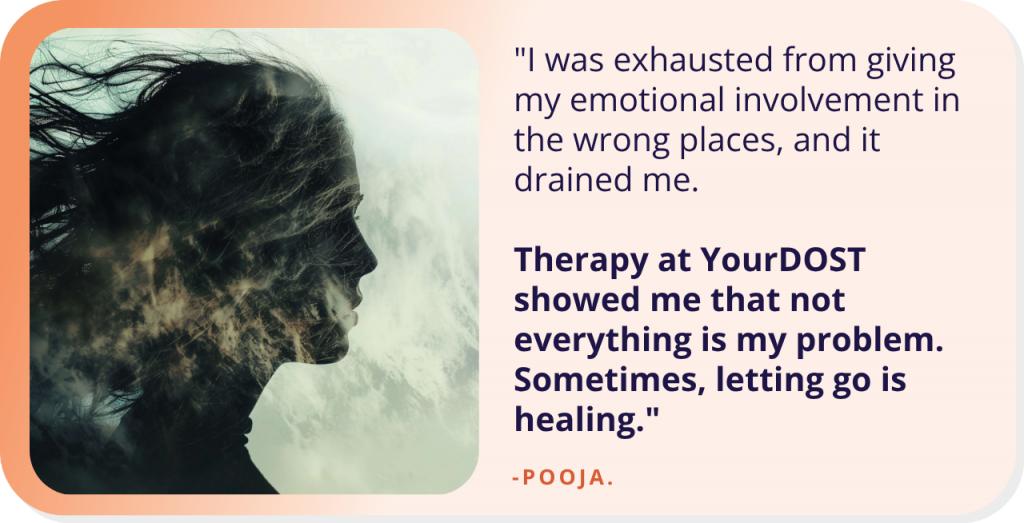LIFE SKILLS For You To Combat Challenges
Life skills encompasses the ability of decision making which is one of the fundamental components of a human mind. The in-depth assessment of the given options is a critical element of decision making. The quality of foresight to analyse the different consequences of varied decisions is vital in the process of decision making.
The major life decisions in this context can be grouped under several headings such as
- GOAL: To develop, prioritize and attain
- CHOICE: Includes life style, study, food habits and hobby.
- COMBATING: Alcohol, stress and STDs.
- CAREER: Choice of profession and higher studies. A person need not be perspicacious even to make tricky decisions because the person is required to examine the likely result of the decision in view of his or her goals and values. The steps to a conscientious decision are identifying the decision which needs to be made, information to be compiled, giving credence to the alternatives, weighing the evidence, picking up if necessary from the alternatives, taking action and lastly it is imperative to review the decision.
- CREATIVE THINKING: This is an important tool of decision making since it aids in perusal of available alternatives and reviewing decisions. Problem solving is also made simpler by creative thinking. The adolescents are better able to adapt to an environment due to creative thinking.
- CRITICAL THINKING: The ability to thoroughly and efficiently process information and experiences is a hallmark of this skill. It is imperative for adolescents to identify factors influencing attitude and behaviour and this skill greatly enhances that ability. Responsible behaviour is an asset and this skill is highly useful in this front. Analysing, decision making, reasoning, decision making, problem solving and reasoning are all branches of critical thinking.
- EFFECTIVE COMMUNICATION: The four pillars of effective communication are
- EMPATHY: Ability to have an understanding of other individuals and accepting the same. Appreciation of other person’s circumstances and challenges. The need to be tolerant and shun imposing one’s views on other without giving space for dissent. Promoting positive conduct towards distressed people.
- INTERPERSONAL SKILLS: The ability to construct and develop interpersonal skills. Terminating relationships without mutual acrimony. It helps adolescents in relating with people in a constructive way.
- NEGOTIATING SKILLS: Some people eke out a living out of this skill. Resolving a crisis or a conflict without intimidation or aggressive approach and without subordinating ones interest. Negotiation is a necessary component of such communications. The logjam or crisis should be dealt with wisdom and positive approach.
- SELF ASSERTIVENESS: Respecting one’s own self and others. It is the ability to convey one’s feelings and needs without antagonising other opinions. The tenacious clinging to ones needs and values. Taking charge of one’s own decisions and repelling any efforts to take control by others.
SELF ASSERTIVENESS TECHNIQUES:
- Stating one’s position and volunteering reasons.
- Walking away or repeating refusal.
- Avoiding the situation or giving cold shoulder to the person concerned.
- Seeking support of others and giving vent to the feelings.
IMPORTANCE OF LIFE SKILLS: It can be summarised as following:
- To be able to explore alternatives
- Analysing the likely consequences
- Making rational decisions
- Impressive communication
- Being assertive and unhesitatingly refusing something which is against one’s better judgement. Therefore these skills are imperative for dealing effectively for the challenges of life.








